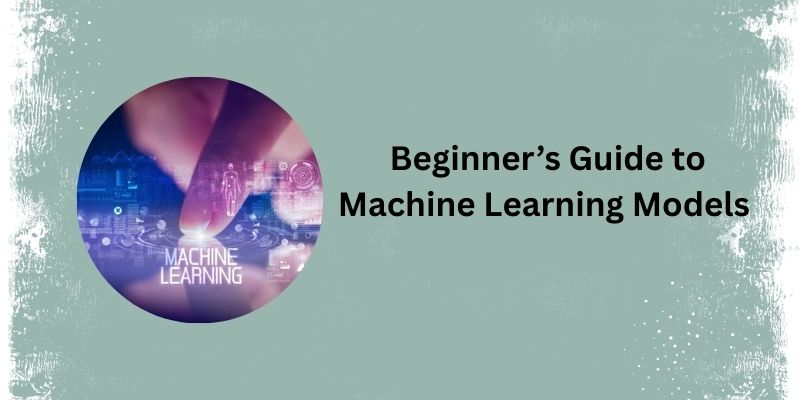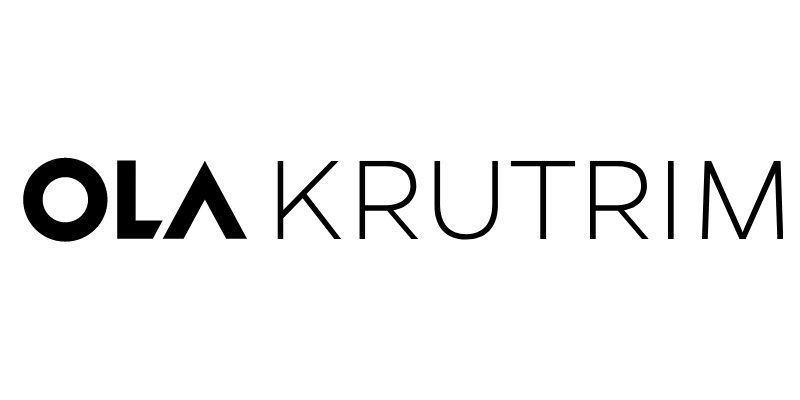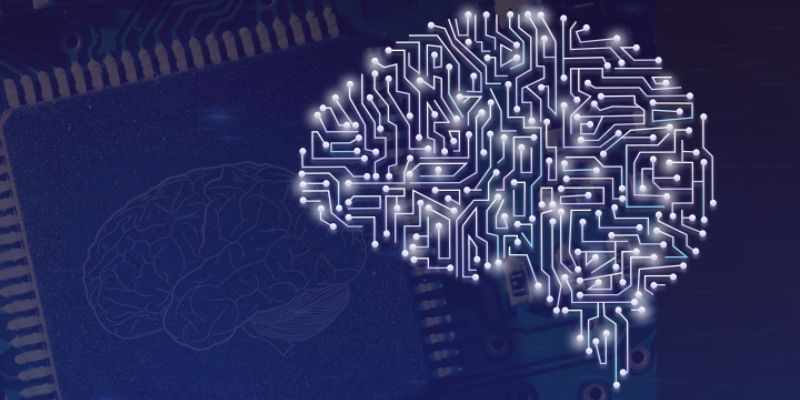Advertisement
It is important in artificial intelligence, wherein it creates, generates responses, gives summaries, and even codes based on the computer's prompts. For ServiceNow, generative AI is more than just an advancement in technology: it is a source of revolution. As a leading digital workflow company, ServiceNow deploys AI to optimize operations, downsize manual processes, and enhance decision-making in different business functions.
In the future, ServiceNow could ensure new levels of automation, from knowledge creation automation to generating ticket replies, agent-assisted ticket resolution, and even workflows designed through context and historical data. Such automation brings tremendous gains in efficiency, user satisfaction, and sharp business agility.

Ultimately, ServiceNow is infusing generative AI throughout its Now Platform. LLMs will fit in several places (e.g., customer service, IT operations, Human capital management). ServiceNow is actively maximizing partnerships (Microsoft, OpenAI) and LLMs it created through its own Now Platform to incorporate AI in all possible ways.
The company launched "Now Assist," a generative AI solution with natural language understanding, virtual agents, and task automation capabilities. Whether a service agent is summarizing case notes, generating emails, or navigating through complex directions for subsequent tasks, organizations can automate any of these integrated tasks with little-to-no human involvement, creating productivity at scale.
Key Takeaways:
Generative AI, such as ServiceNow’s AI-driven workflows, alleviates time spent on manual data entry, ticket request forms, and report generation. An AI-driven workflow can automate work processes such as email and drafting, documentation, case updates, and even approvals, allowing employees to focus on higher-value tasks and enhancing service speed and quality.
Key Takeaways:
Security and compliance are paramount to ServiceNow as it incorporates AI into workflow. The organization has decided on a "governed AI" strategy that promotes transparency, accountability, and ethical use of AI. Enterprise-grade data protection, including role-based access, data masking, and compliance with regulations such as GDPR, is present.
ServiceNow also gives customers control over how their data is used in training and operating AI models. Organizations can review AI usage logs and performance dashboards to monitor and audit generative AI actions according to company policies.
Key Takeaways:
ServiceNow’s strategic partnerships help expand its AI capabilities. Partnerships, such as those with Microsoft, allow ServiceNow to better incorporate its workflows into Microsoft Teams and into Microsoft’s Azure OpenAI tools to strengthen conversational AI and help with document summarization. ServiceNow’s partnerships with Nvidia and Accenture are also aiding the development of AI for sectors such as health, finance, logistics, and others.
These partnerships foster the development of relevant, scalable generative AI features fit for enterprise use. While LLMs are undoubtedly still risky, ServiceNow’s focus on developing experiences for certain industries, with industry data where it makes sense, allows the platform to provide smart, context-based automation rather than just automation.
Summary Takeaways:
Generative AI caters to the experiences of customers and employees, making them personalized and smooth. For instance, in customer service, AI-generated responses, case summaries, and predictive routing combine to provide enhanced satisfaction and reduced response time. In terms of employees, it translates to faster onboarding, easy access to information, and reduced repetitive work.
Virtual agents powered by generative capability can address Level 1 questions, leaving the more complex ones to the human agent. So, customers always receive timely and relevant assistance, which will improve loyalty and reduce churn.
Key Points:

ServiceNow goes beyond ordinary surface automation. The company envisions a state of hyper-automation, whereby generative AI will be capable of continuously learning, adapting, and transforming end-to-end processes without any human intervention. Its envisaged roadmap will include deeper LLM integrations, self-healing workflows, stronger industry customizations, and generic AI agents cooperating across business units.
ServiceNow is making these capabilities available to organizations of all sizes through the ongoing Now Platform updates and enhancements of AI-powered Pro Plus licenses. Their primary focus is building resilient, scalable, and intelligent enterprise systems.
Highlights:
ServiceNow is indeed ahead in embedding generative AI to reshape enterprise workflows. From automating mundane work to smart decision making, its AI-driven platform offers businesses the speed, service, and continuous innovation they require.
As technology for AI progresses, ServiceNow stands firmly on the direction of responsible use of AI tools, including commitment to ethical use of AI technology and customer focused design, along with performance monitoring, ensures ServiceNow's tools will be relevant, in the future, while adding tremendous value and becoming more responsible and helpful. Regardless of your IT, HR, finance, or customer service profession, the additive value of generative AI in ServiceNow workflows represents a huge step into the future of intelligent enterprise processes.
Advertisement

Learn the basics of Physical AI, how it's different from traditional AI, and why it's the future of smart machines.

Learn how to build a machine learning model in 7 easy steps, from defining the problem to deploying the model.

Curious about OLA Krutrim? Learn how to use this AI tool for writing, summarizing, and translating in multiple Indian languages with ease

Understand how mixture-of-experts models work and why they're critical to the future of scalable AI systems.

Trying to choose between ChatGPT and Google Bard? See how they compare for writing, research, real-time updates, and daily tasks—with clear pros and cons

Explore core concepts of artificial neural network modeling and know how neural networks in AI systems power real‑world solutions

Discover how deep learning and neural networks reshape business with smarter decisions, efficiency, innovation, and more

Want to launch surveys quickly? Learn how Survicate lets you create and customize surveys with ease, collecting valuable customer feedback without hassle

Discover key differences: supervised vs. unsupervised learning, when to use one or the other, and much more.

Discover how a steel producer uses AI to cut costs, improve quality, boost efficiency, and reduce downtime in manufacturing

Discover how Service now is embedding generative AI across workflows to enhance productivity, automation, and user experience

Explore real vs. perceived risks of AI beyond fear-mongering and media hype in this balanced, insightful analysis.